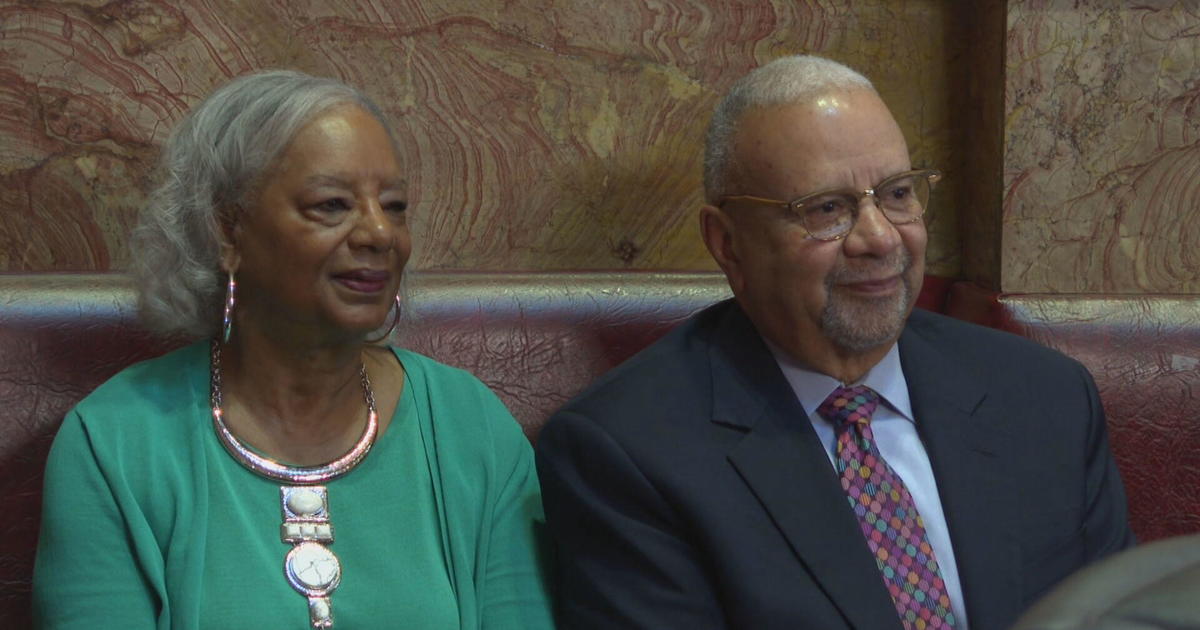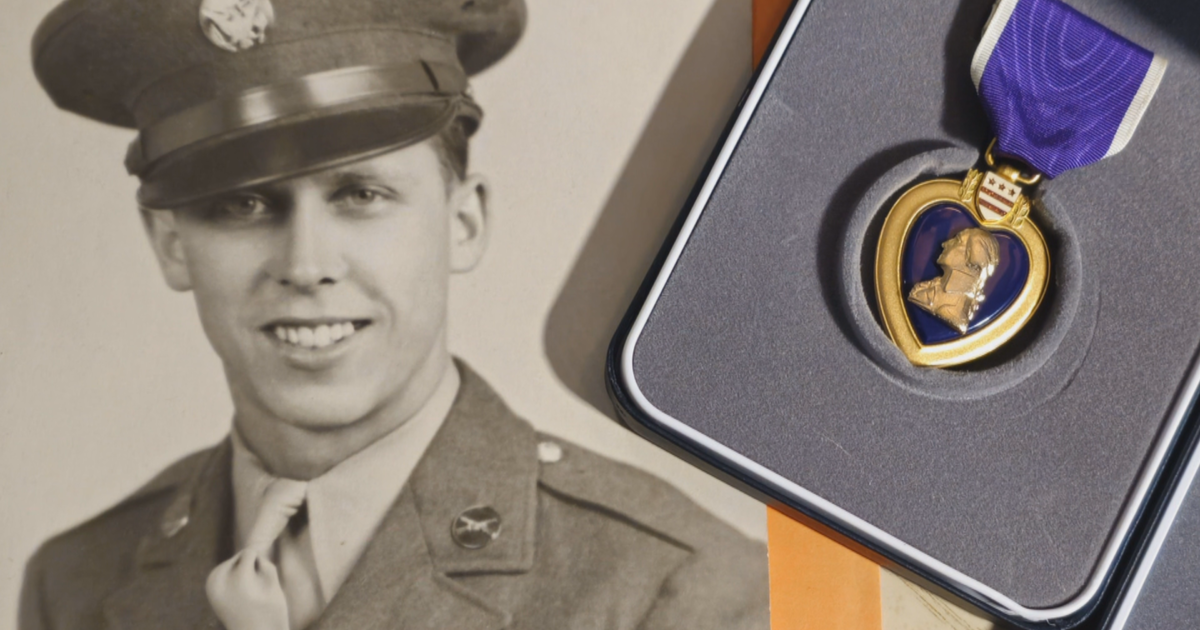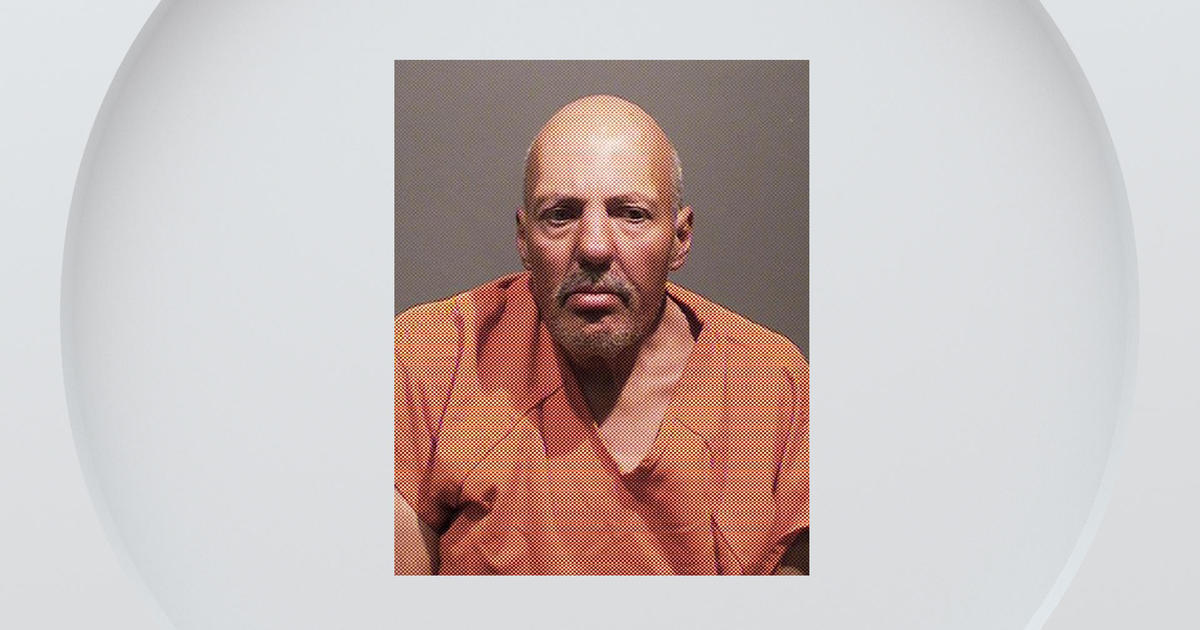Charlie Sheen: 5 Things To Know About HIV In America
(CBS4) - Charlie Sheen made the surprise announcement that he has been infected with HIV for about four years, yet emphasized that he does not have AIDS, and that his overall health is actually good. And that, in itself, gives you a pretty reasonable snapshot of today's world of HIV and AIDS compared to a little over a decade or two ago.
First, a few things to clear up: Sheen is infected with HIV, which stands for Human Immunodeficiency Virus -- but at this stage the virus is being suppressed in his system with medication.
Untreated, HIV can progress into full blown disease, namely AIDS, or Acquired Immunodeficiency Syndrome -- where the immune system is destroyed by the virus and death soon follows.
So here's how this disease has changed over the past decades, and why Charlie Sheen can sit and talk about feeling healthy, and the likelihood of a long life. It all has to do with education and major advances in the treatment of HIV.
In the early 1980s, contracting HIV was essentially a death sentence. Our treatments were poor, and lifespan after diagnosis was often measured in months. By the year 2000, better treatment could mean an average life expectancy of age 56. By 2007, that life expectancy jumped to an average of 71.4 years.
I need to point out that those numbers are not as high in those who share needles to take drugs, and in people of color.
RELATED: Denver Public Health Releases Statement Following Charlie Sheen's HIV Announcement
HIV is spread in a number of ways: through semen, blood, vaginal fluid, sharing needles, pregnancy, and breast feeding. Note, therefore, it can be spread through either homosexual and heterosexual activity, as well as other ways.
So what are the takeaways -- the real messages here?
First is to be tested for the virus -- It's estimated that about 1.2 million Americans have HIV, but one in eight don't (approximately 13 percent) don't know it. There is a link to testing guidelines at the end of the page.
Second, if positive, be treated -- Once again, the medications are so much more effective that's it is possible to keep the number of HIV particles in the bloodstream at barely detectible levels. But … new medications don't give a license to a reckless lifestyle -- about one in four new cases are being detected in teens.
Third, condoms and safe sexual practices are a must.
Fourth, talk to your partners and your loved ones -- Your partners deserve to know your status and your family and friends can be your support, especially in light of the stigma that often accompanies this infection.
Number five: know there are preventive regimens -- If your lifestyle isn't what it could be, as well as a quick treatment available if you have a onetime high-risk exposure.
Good luck to Charlie Sheen, as well as the other 1.2 million Americans who battle this virus. The outlook is much improved, but it's not perfect.
For more information: http://www.denverhealth.org/endAIDS
Dr. Dave Hnida is CBS4's Medical Editor. He blogs about the latest studies and trends in the health world. Read his latest blog entries, check out his bio or follow him on Twitter @drdavehnida




